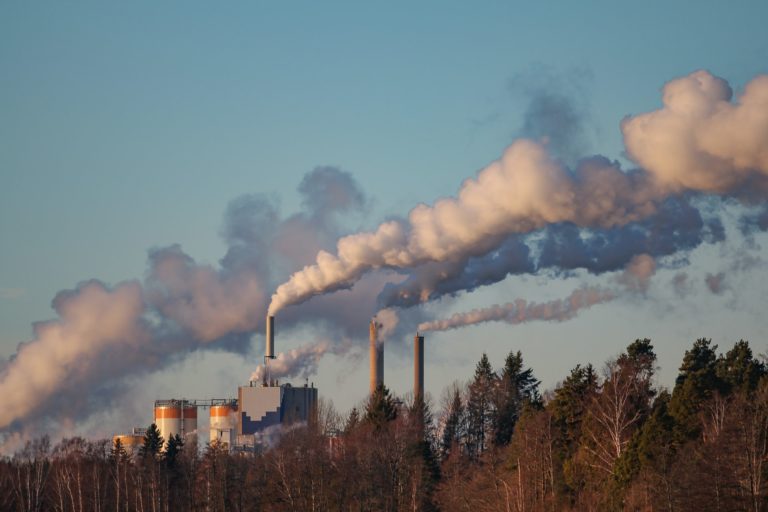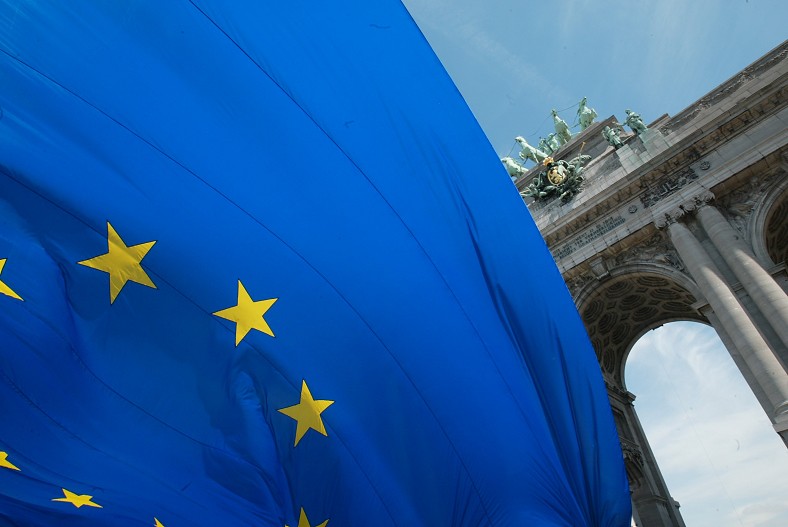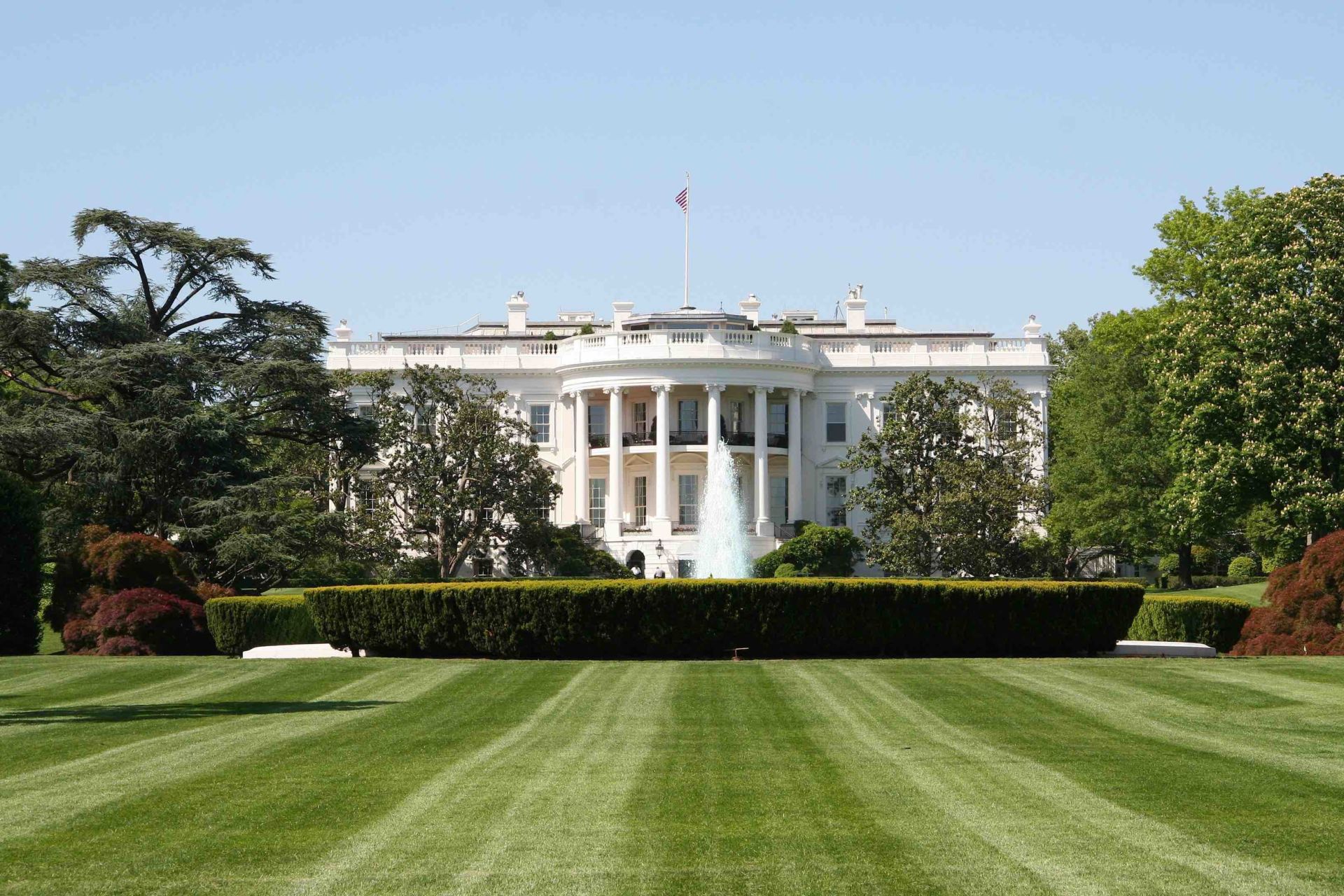While a recent amendment on fossil fuel investments is a promising sign that a modernized Energy Charter Treaty (ECT) could spur more ambitious climate action, governments must consider alternative paths toward this goal.
On Wednesday 7 October, EU parliamentarians finalized their negotiating mandate for upcoming talks on the European Union’s Climate Law, including an amendment stating that fossil fuel investments must not be protected by the Energy Charter Treaty (ECT). While there remains a long road ahead before the Climate Law is finalized, the move is a welcome political signal in the debate over reforming one of the most problematic treaties in investment arbitration’s history.
The Energy Charter Treaty is a decades-old accord that emerged in the aftermath of the Cold War, as countries in Western Europe, Eastern Europe, and the former Soviet Union sought to establish a framework for multilateral cooperation in the energy sector. Instead of energy cooperation, the treaty, adopted in December 1994, became famous for numerous disputes between foreign investors and governments.
It is responsible for record-breaking damages awards, often costing governments hundreds of millions or billions of dollars and has faced well-deserved criticism over being an obstacle to the transition to a low-carbon economy, with fossil fuel investors bringing ECT claims against government action or threatening to do so.

In a recent joint letter with Client Earth to the European Commission, IISD warned that current modernization proposals do not go far enough in making the treaty conducive to supporting ambitious climate action.
Related Articles: G20 Recovery Packages Benefit Fossil Fuels More Than Clean Energy | Sucking Up to Business is a Certain Path to Ecological Collapse
While modernization talks could help make the ECT better suited for ambitious climate action, governments must also be ready to consider alternative approaches if such efforts fail to bear fruit—including withdrawing from the treaty entirely, as Italy did in early 2016, or terminating it outright.
They should also consider new legal frameworks that incentivize climate-friendly investments while discouraging unsustainable investments in fossil fuels; we set out an approach for doing so under the award-winning model Treaty on Sustainable Investment for Climate Change Mitigation and Adaptation, proposed by an IISD-led team known as the Creative Disrupters.
The ECT is responsible for record-breaking damages awards, sometimes costing governments billions of dollars.
Negotiations to modernize the ECT began in December 2019, following several months of prep work. The first two negotiating meetings were held in July and September 2020, with the third round of talks occurring earlier in November. Already, media reports citing the ECT Secretariat’s top official suggest that the talks will continue into 2021, and experts warn that consensus will be difficult, at best.
The need for greater climate ambition
As the ECT modernization negotiations continue, it is also vital for negotiators in that forum to consider the wider context on climate action. The vote during the European Parliament’s plenary on the ECT amendment was part of a debate over the shape of a new European Climate Law, which is being developed and negotiated among the EU decision-making bodies and is meant to pave the way for net-zero greenhouse gas emissions (GHGs) by the middle of the century.
To meet ambitious climate targets, the EU must be ready to press for concrete changes in problematic trade and investment frameworks.
As part of their negotiating position on the Climate Law, parliamentarians are pushing to ratchet up the ambition of the EU’s existing climate targets, including a reduction in GHGs by 60% of 1990 levels by the end of this decade. The current target set under EU law is at 40% of 1990 emissions levels by 2030. They also adopted amendments supporting a move toward a circular economy and calling for robust national adaptation plans by EU member states.

This push for greater ambition in the bloc’s climate targets is commendable. Yet in order to fulfill this ambition, the EU must be ready to press for concrete changes in the trade and investment frameworks that it is part of or pursue new frameworks entirely.
The ongoing ECT modernization talks must yield overwhelming reform of the treaty. Negotiators must not only focus on the reform of the ECT’s investor–state dispute settlement (ISDS) mechanism and its most problematic substantive provisions but must ensure the treaty does not obstruct the EU’s ambitious climate efforts. This means carving out fossil fuels entirely from ISDS or the overall treaty’s scope.
The European Parliament has already shown that it is ready to support changes that are politically difficult, yet essential to ensuring a more supportive environment for the clean energy transition. Negotiators at the upcoming ECT rounds, including from the EU, must draw on this signal and act accordingly.
About the author: Nathalie Bernasconi-Osterwalder, LL.M, is a senior international lawyer and heads the Economic Law & Policy programme of the International Institute on Sustainable Development (IISD). Sofia Baliño is the Communications and Editorial Manager for IISD’s Economic Law and Policy program.
EDITOR’S NOTE: The opinions expressed here by Impakter.com columnists are their own, not those of Impakter.com. — In the Featured Photo: European Union Flag. Featured Photo Credit: Rock Cohen / Flickr.












